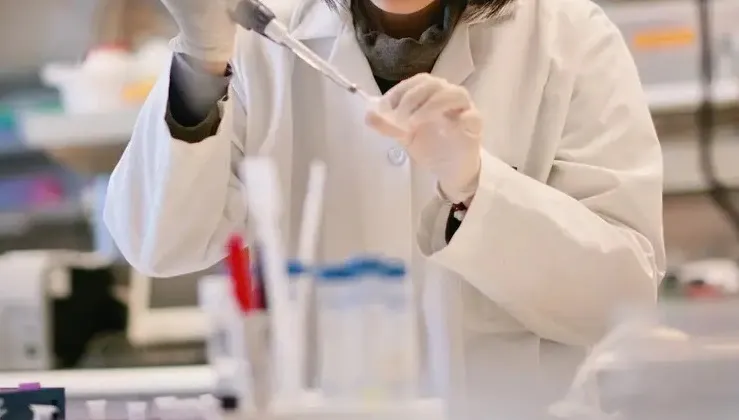Is California Setting Up Its Own Science Institute Due to Federal Funding Cuts?

Synopsis
Key Takeaways
- California lawmakers are moving to establish their own scientific research institute.
- The proposed California Institute for Scientific Research aims to address federal funding cuts.
- California received over $5 billion in NIH funding last year.
- Federal cuts could jeopardize critical research and innovation.
- Support from state leaders emphasizes the importance of local scientific initiatives.
California, May 4 (NationPress) Lawmakers in California are urgently working to establish their own version of the National Institutes of Health (NIH) as the federal government implements significant funding reductions that experts warn could undermine innovation, harm the economy, and jeopardize future medical advancements.
The proposed California Institute for Scientific Research (CISR) is designed to safeguard essential research related to diseases, climate change, and drug safety as federal support diminishes. A hearing regarding this initiative is scheduled for Monday, according to California State Senator Scott Wiener, the bill's author.
The recent budget proposal released by the administration indicated a 22.6 percent cut, amounting to $163 billion, in non-defense discretionary spending for the next fiscal year. Science and health agencies are expected to face some of the most severe impacts under this plan, as reported by Xinhua News Agency.
California, which received over $5 billion in NIH funding last year, is particularly sensitive to these changes.
As highlighted by the Los Angeles Times, institutions such as The University of California system, Stanford University, The California Institute of Technology, and The University of Southern California are among the top recipients of NIH grants in the nation.
The abrupt cessation of federal support poses a risk of halting clinical trials, closing laboratories, and resulting in layoffs for thousands of researchers.
At UCLA, epidemiologist Beate Ritz recently remarked to the Los Angeles Times that the absence of NIH funding would compel her to terminate research on pollution and neurodegenerative conditions.
Gina Poe, a neurobiologist at UCLA, indicated that her lab's indirect funding would plummet from $114,000 to nearly zero, threatening decades of research on sleep and memory.
The proposed CISR legislation aims to authorize grants and loans for both public and private research entities, while also enhancing California's ability to produce and distribute vaccines.
“California is a global leader in science, and we must intervene to safeguard our scientific institutions from the administration’s anti-science initiatives,” Senator Wiener stated when presenting the bill in March.
Wiener criticized the Department of Government Efficiency for its role in systematically dismantling scientific research in the U.S. by cutting personnel and programs at federal science agencies, emphasizing the need for California to step up and fill the gap left by federal budget cuts.
“Our state is recognized as a national and global leader in life-saving biomedical research,” stated California Attorney General Rob Bonta.
“I will not permit the administration to endanger the remarkable work currently being conducted by scientists, scholars, medical professionals, and other experts.”










